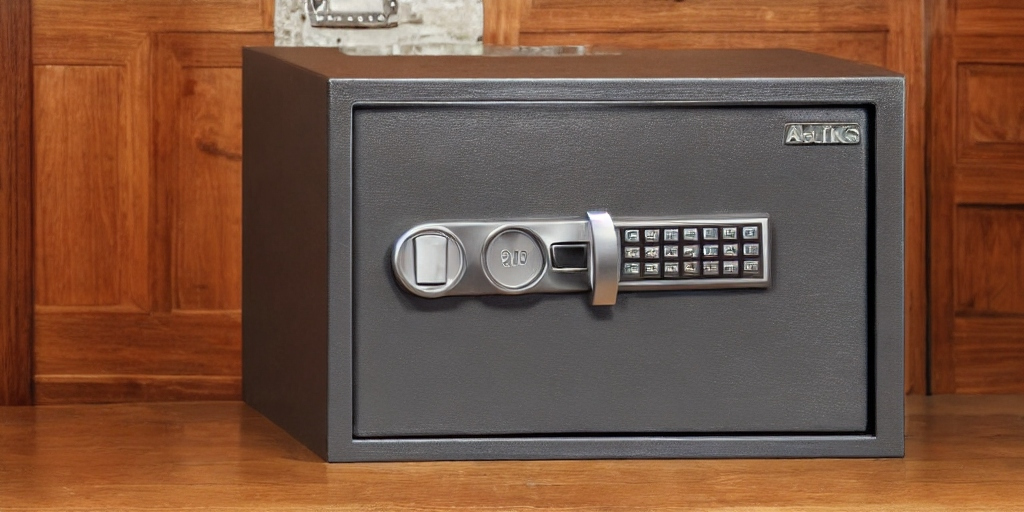Shoplifting and Theft Lawyer Winnipeg
What is Theft?
Theft is a serious offense that involves taking or converting another person’s property without their permission, with the intent to deprive them of that property temporarily or permanently. In cases where a person innocently comes into possession of goods and then uses them for their own benefit, knowing they have no right to do so, it is considered conversion. For example, if money is mistakenly deposited into your bank account and you spend it, knowing it’s not yours, it can be considered theft by conversion.
To be convicted of theft, the Crown must prove beyond a reasonable doubt the following elements of the offense:
- That the property taken was owned by someone else;
- The value of the property;
- That you took or converted the property fraudulently and without color of right; and,
- That you intended to deprive the owner of the property.
In shoplifting cases, although not required, the Crown will often try to present evidence that shows:
- You didn’t pay for the goods or attempt to pay for them.
- You didn’t have the money to pay for the goods.
Many businesses, especially major chains, have high-definition video surveillance in their stores, along with loss prevention officers. Video footage capturing the theft is often used as evidence by the Crown. However, even when there is a strong case against you, you may not want to enter a guilty plea. A criminal defense lawyer can often work with the Crown to potentially divert your charge, allowing you to resolve the matter without obtaining a criminal record.
Theft Sentencing
Sentencing for theft can vary widely depending on the value of the goods stolen, ranging from relatively minor shoplifting offenses to theft of large sums of money, sometimes exceeding a million dollars. Regardless of the value of the goods stolen, being found guilty of theft can have a significant impact on your future.
A theft conviction can affect your ability to find employment, as it is considered a crime of dishonesty. Many employers require potential employees to undergo a criminal record check as part of the hiring process, and a theft conviction may result in being denied employment, especially in positions that involve handling or having access to money. Moreover, if you are currently employed, a theft conviction may result in termination of your employment.
Having a criminal record for theft can also interfere with your ability to travel internationally. Each country has its own policies regarding criminal records, which may not always be consistently enforced. For example, if you have a criminal record, US Customs has the authority to refuse you entry unless you obtain a US Entry Waiver prior to traveling. The process of obtaining a US Entry Waiver can be complex, expensive, and time-consuming.
If you are facing theft or shoplifting charges, it is crucial to seek the assistance of an experienced criminal defense lawyer who can thoroughly review your case, explore potential defenses, and work towards the best possible outcome, including potentially diverting the charges and avoiding a criminal record.
Related Theft and Shoplifting Topics
Get a free consultation
Send Josh your case and your contact information to get a Free Initial consultation on how to proceed.

